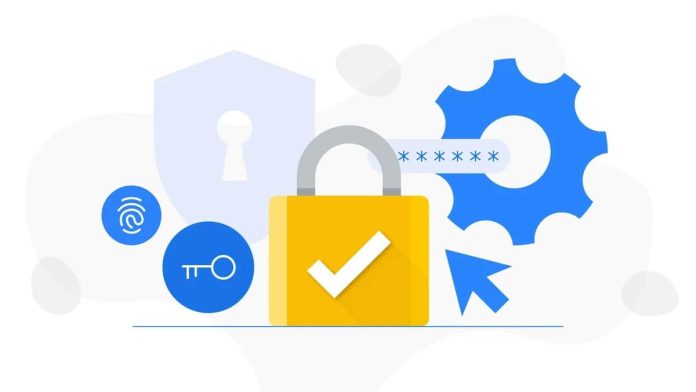[ad_1]
As we embrace digitalization in various aspects of our lives, we inadvertently expose ourselves to heightened cybersecurity risks. However, with proper attention and precautionary measures, it is entirely possible to mitigate and avoid these cyber threats. Google recently highlighted the six most common cybersecurity mistakes people make. It also provided tips to enhance your online safety.
Google offers tips to avoid common cybersecurity mistakes
According to Google, reusing passwords is one of the most common cybersecurity mistakes. Many people use the same password across multiple online platforms. This habit can create a dangerous domino effect if one of those platforms suffers a breach. All of your accounts are suddenly at risk. The safest practice is to never reuse a password, not even twice. Create a different password for each account.
People usually reuse passwords that are easy to remember. Creating a strong and unique password for each platform makes it incredibly hard to remember all of them. You should use a password manager app to store your passwords securely. Some platforms also support passkeys, which are a safer and more convenient alternative to passwords. With passkeys, you can access your online accounts using your device’s biometrics or PIN.
Neglecting software updates is another cybersecurity mistake that can have serious implications. Updates often contain patches for critical security vulnerabilities on your device. If you don’t update your device timely, you leave it vulnerable to security attacks. Some vulnerabilities allow attackers to gain remote access to affected devices, potentially causing extensive damage if exploited.
2-Step Verification (2SV) is also an important online security feature that many people ignore when setting up their profiles. It adds a step during the sign-in process. Along with a password, 2SV requires verification via something that you possess, like a security code sent to your smartphone. It blocks unauthorized access even if your password is compromised. 2SV cuts down many kinds of attacks, “including 100% of automated bot attacks.”
Always configure a screen lock on your device and never click on suspicious links
With the vast amount of personal and sensitive information stored on our smartphones, such as contact details, financial data, and login credentials, it is imperative to keep them locked and secure. You should always configure a screen lock on your devices, so even if you lose them, you don’t immediately open doors for potential cyberattacks and unauthorized access to your online accounts.
Additionally, you should never click on links that look suspicious, particularly if they are sent by unknown persons or phone numbers. Google notes that cybercriminals often disguise malicious links as legitimate ones, so it is difficult to determine if a link is genuine. However, you should be wary when clicking on links received in emails or text messages from unknown senders. Search for legitimate websites for organizations online.
Last but not least, Google says it is important to have a password recovery plan. If you lose or misplace your phone, which is crucial for 2SV, you may not be able to access your account without resetting the password. But if you haven’t created a recovery plan beforehand, you might left stranded with no access. Always add a recovery email or phone number to your accounts.
[ad_2]
Source link
